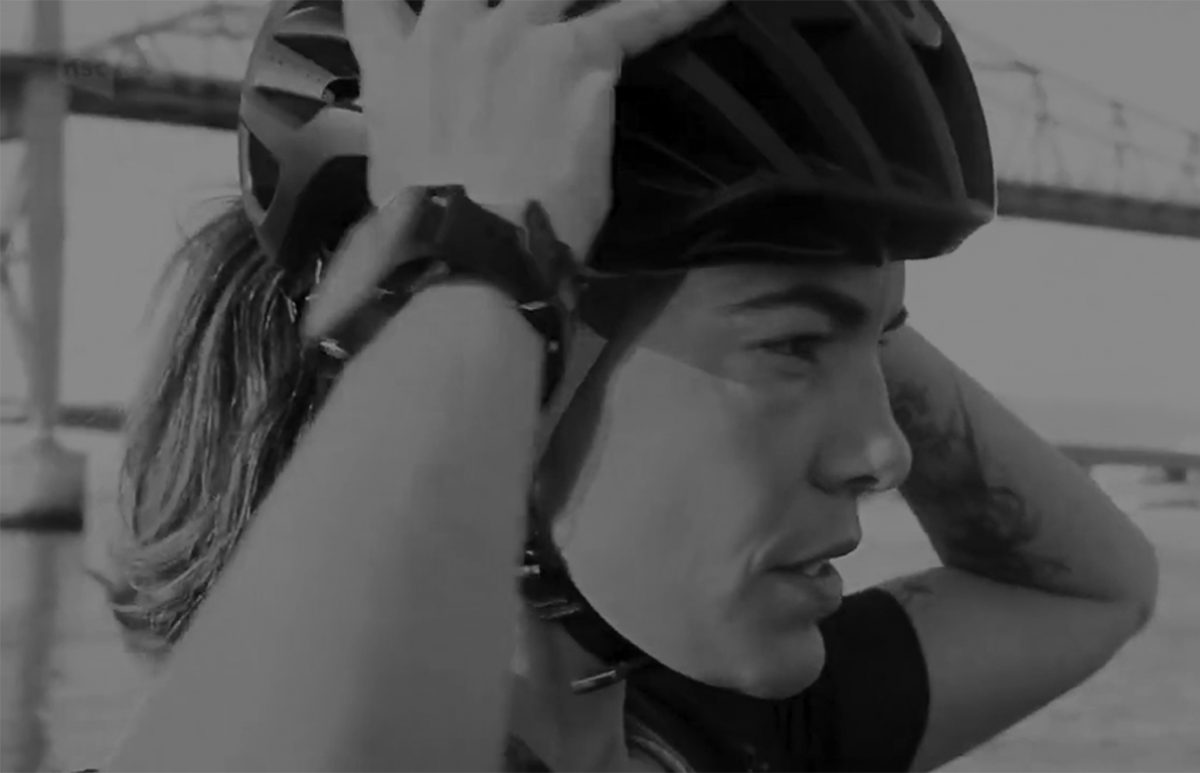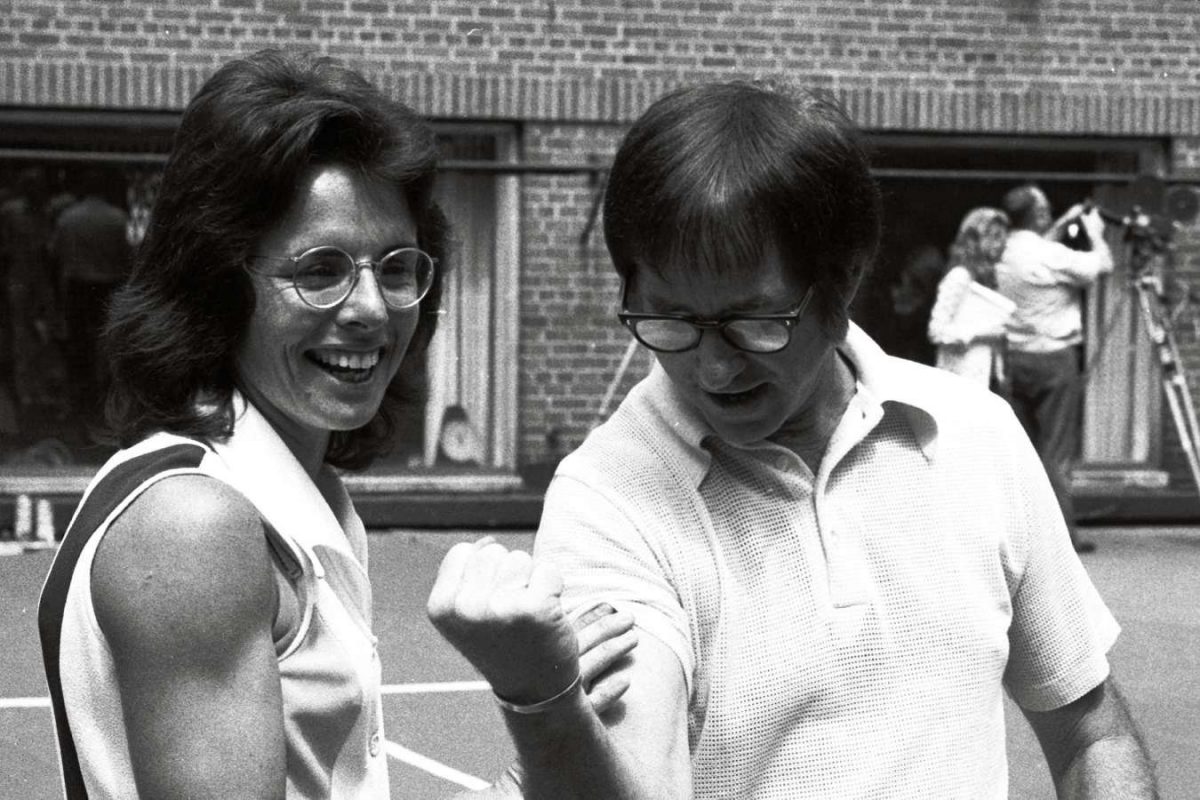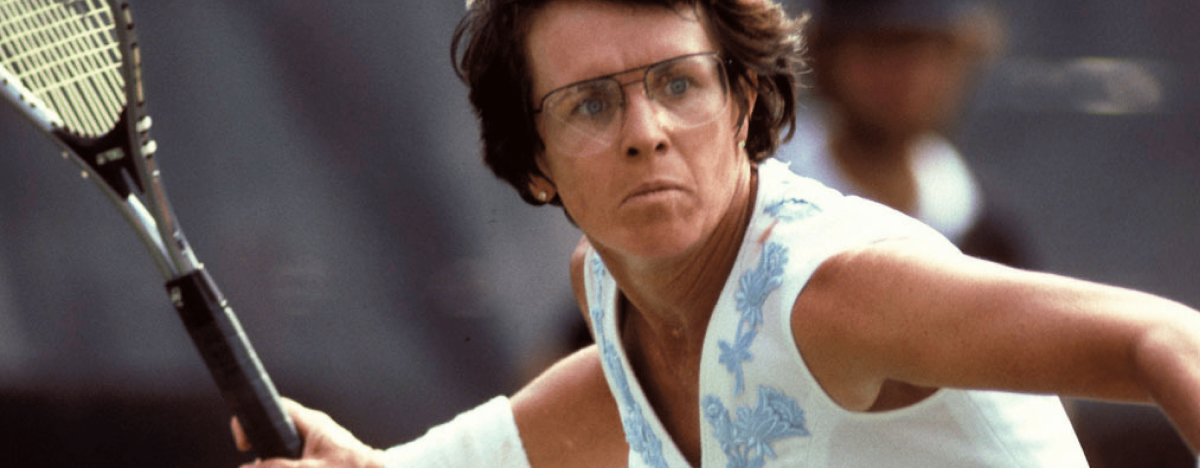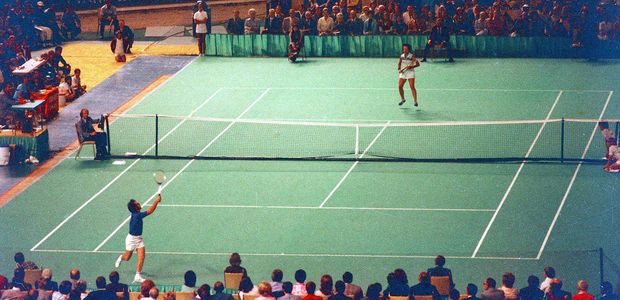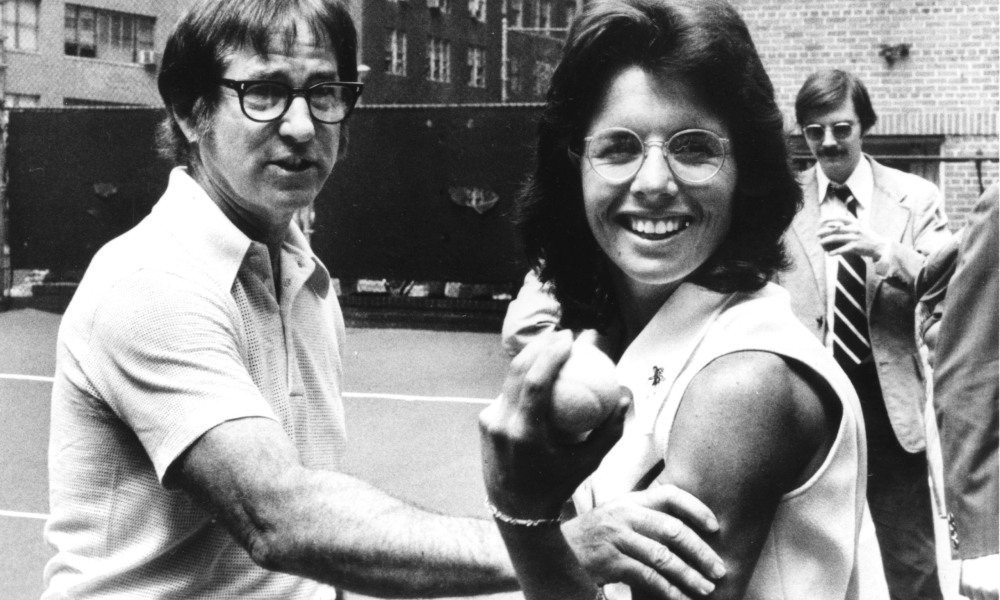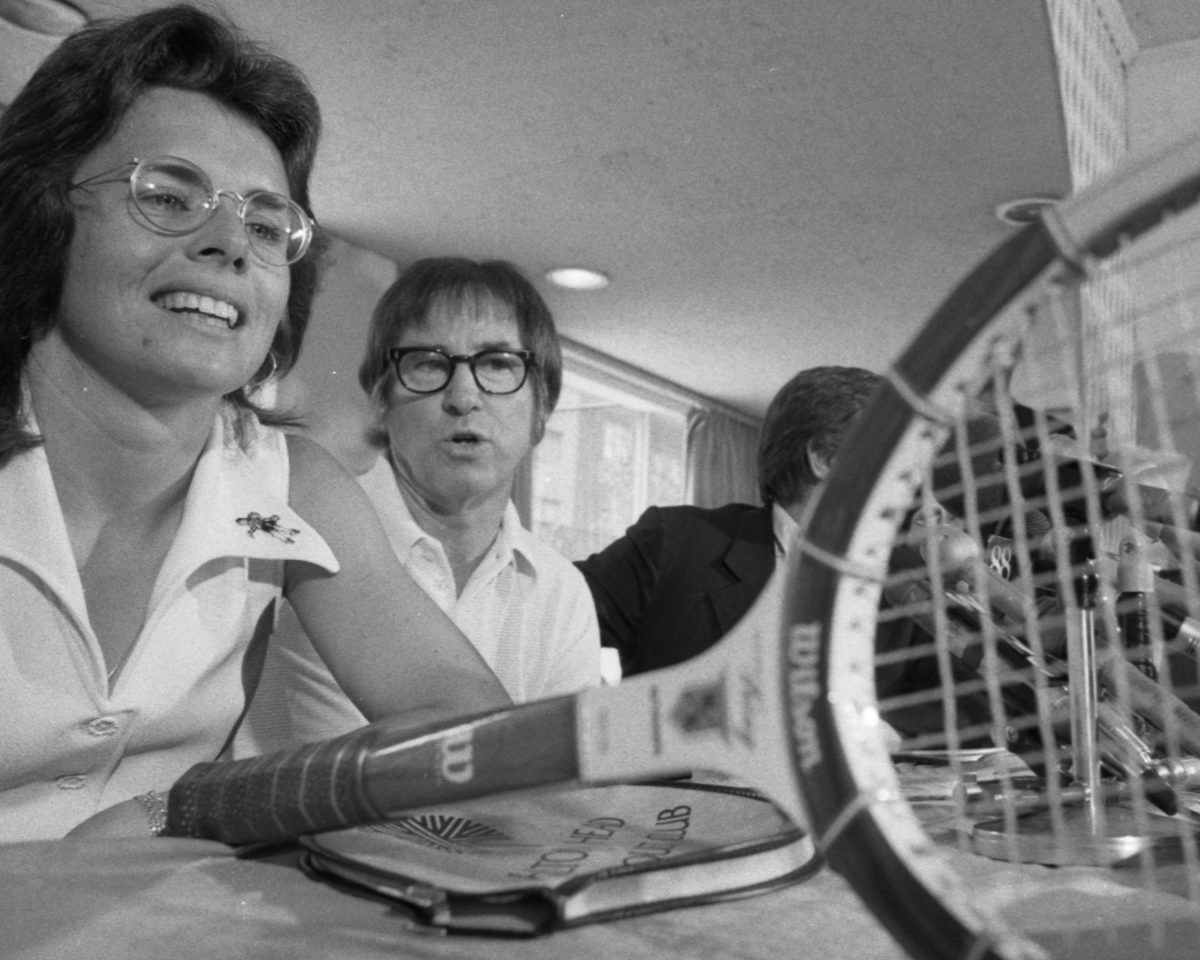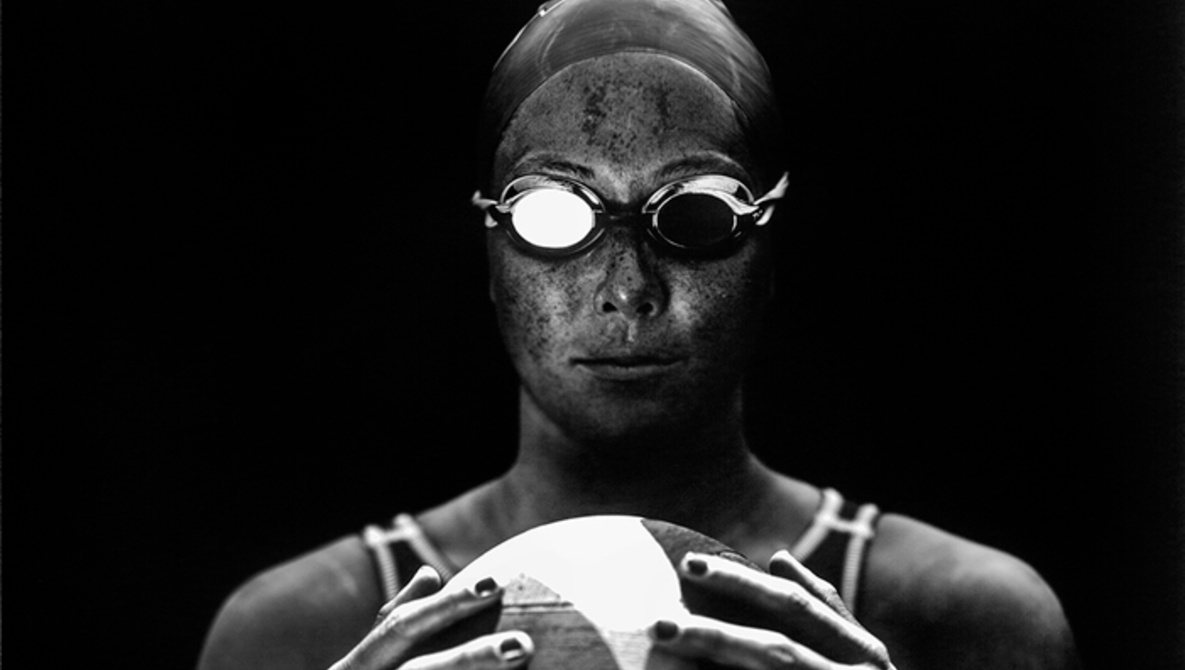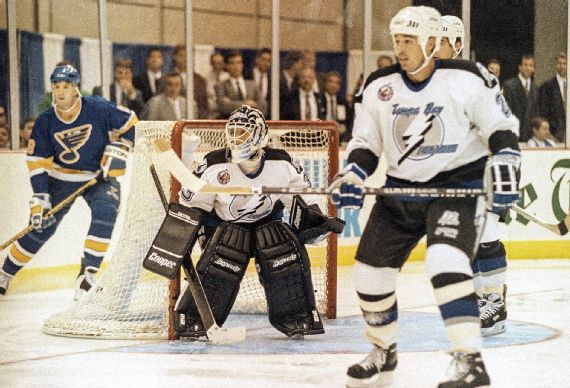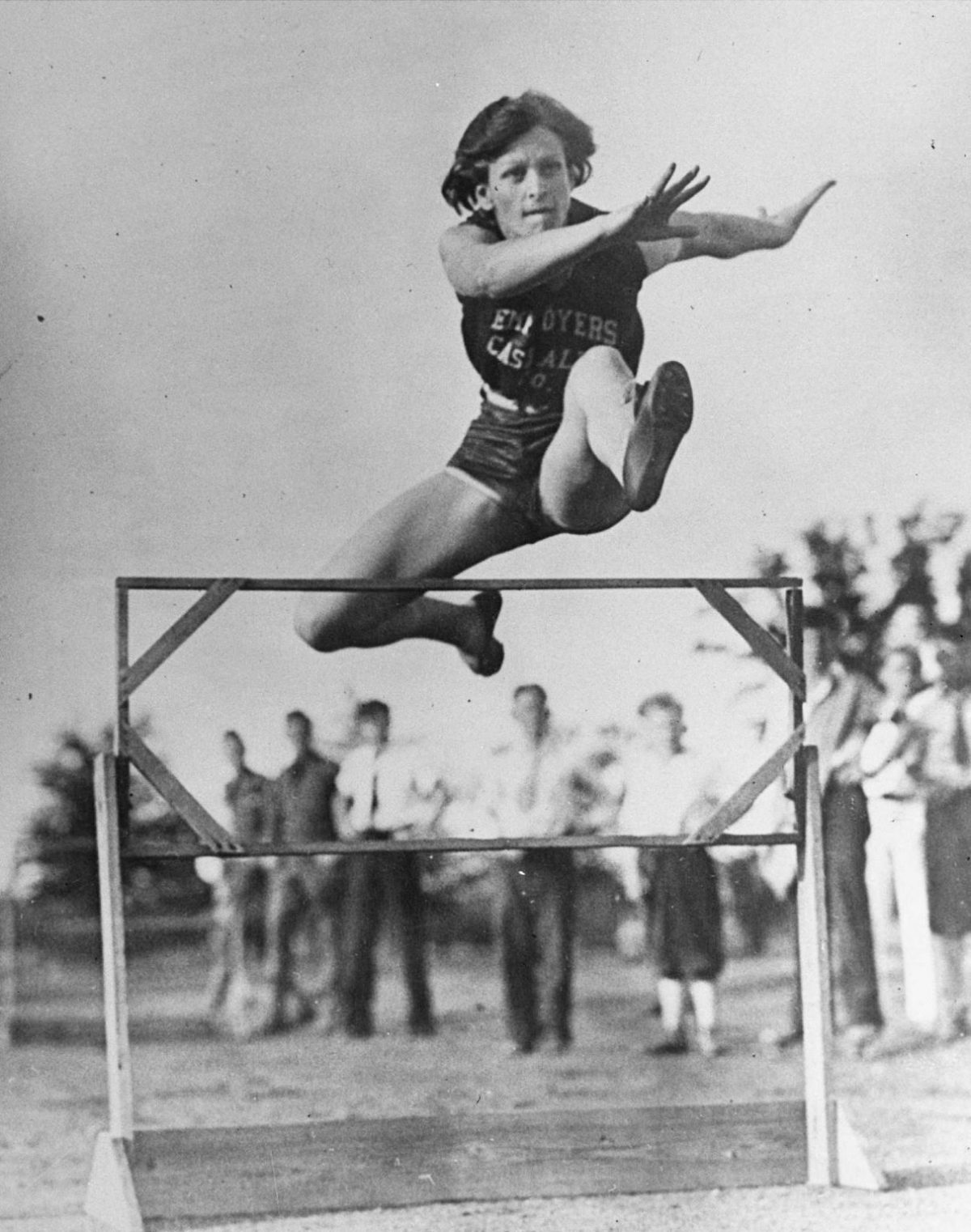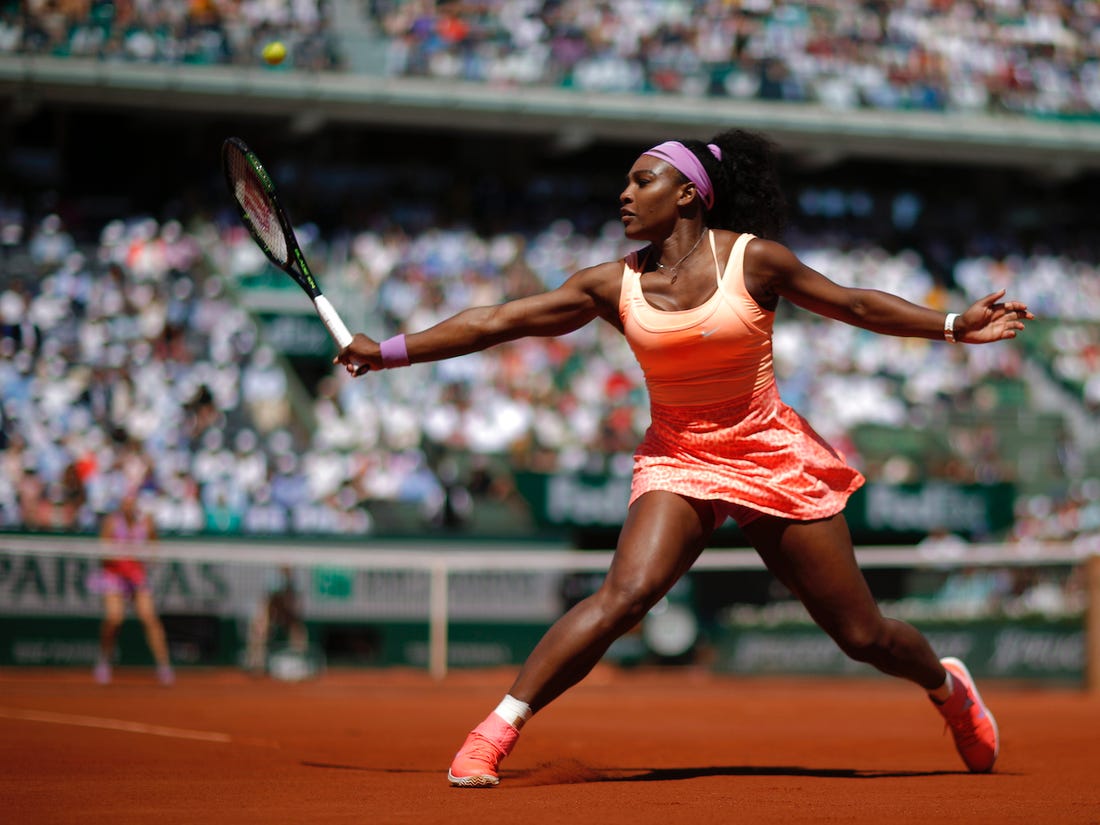It is a cliché, but sometimes it is impossible not to use the old maxim: “it is much more than a game”. September 20, 1973, keeps one of those stories that go beyond the limits of sport and change lives.
First, it is necessary to understand the social context that shaped the game between Billie Jean King and Bobby Riggs and became known worldwide as “The Battle of the Sexes”. Just 10 years earlier, in 1963, Betty Friedan wrote the bestseller “The female mystique”, a book that would be considered the bible of the feminist movement and that changed the way women positioned themselves in relation to the world.
The late 1960s and early 1970s were very restless and transformational. The social orders in force for centuries began to be questioned and overthrown. In contrast, those who resisted social advances reacted vigorously, most often with violence or as in the case of Bobby Riggs with explicit machismo.
The veteran, then 55 years old, had a past of tennis achievements, like the 1939 Wimbledon title. But that past was too far away for the spotlight to still target old Riggs. It was then that the ex-player swagger decided to take up a challenge that united his desire to appear with the need to spread his machismo:
Australian Margaret Court, number 1 at the time, accepted the challenge and took the bait played by Riggs to mock the women and, furthermore, self-promote her image. Court was defeated by 2 sets at 0, 6/2 and 6/1. A real shame that only reinforced male ‘superiority’.
But women were more organized than ever, that year after much pressure from the feminist movement, Title IX passed the United States Congress and guaranteed equality in the distribution of government resources to men and women in schools and universities across the country. In tennis, Billie Jean King was one of the most representative figures in the movement and in 1973 he founded the Women’s Tennis Association (WTA).
Even with all of this going on, Riggs continued with his provocations against women and Billie Jean King felt it was time to teach a lesson, not only to Bobby Riggs, but to everyone who believed that women were not capable. So he accepted the challenge from the former Wimbledon champion.
Claro que a TV se aproveitou do evento para gerar milhões de dólares de renda. Para isso promoveu ao máximo o duelo com coletivas e sessões de fotos de King e Riggs posando como se estivessem se encarando. Foram 4 meses rodando o país para divulgar a partida e o que era uma causa para as mulheres e quem mais quisesse a igualdade de gênero, foi transformado em um grande circo.
No dia do jogo, mais demonstrações espetaculares para a TV, na entrada em quadra Riggs apareceu em cima de um riquixá puxado por jovens mulheres. King surgiu no Astrodome, em Houston, sobre uma liteira carregada por musculosos homens.
O que mais impressiona é que mesmo submetida a toda essa pressão e espetáculo, Billie Jean King não perdeu o foco em nenhum momento e iniciou o jogo com força máxima.
King estava tão atenta ao jogo que percebeu um erro em sua estratégia quando teve o serviço quebrado no quinto game, o momento mais difícil da partida para as mulheres. Mesmo nervosa pela situação, B. J. King percebeu que Riggs não tinha força para atacar e estava se aproveitando da potência dela.
Of course, TV took advantage of the event to generate millions of dollars in income. To this end, he promoted the duel with press conferences and photo sessions of King and Riggs posing as if they were facing each other. It was 4 months traveling the country to publicize the game and what was a cause for women and whoever wanted gender equality, was transformed into a great circus.
On the day of the game, more spectacular demonstrations for TV, at the entrance to the court Riggs appeared on top of a rickshaw pulled by young women. King appeared at the Astrodome in Houston, on a litter carried by muscular men.
What is most impressive is that despite being subjected to all this pressure and spectacle, Billie Jean King did not lose focus at any time and started the game with maximum strength.
King was so attentive to the game that he noticed an error in his strategy when his service was broken in the fifth game, the most difficult moment of the game for women. Even though nervous about the situation, B. J. King realized that Riggs had no strength to attack and was taking advantage of her power.
More than 30 thousand people were present at the Astrodome, the largest audience for a tennis match until 2010. On TV, more than 50 million people watched the match that represented much more than a game.
Sporting was not even the most important title of Billie Jean King who ended her career in 1983, with 129 singles titles in the curriculum, 12 of which were Grand Slams. In women’s doubles there were 16 Grand Slams and in mixed doubles another 11 titles.
However, Billie Jean King’s greatest title was to overcome machismo and help to break the barriers that, unfortunately, still remove women’s freedom today. It was after Billie Jean’s victory in the Battle of the Sexes that the US Open began to pay men and women equally, it was the first Grand Slam to do so; process that only ended in the 4 Grand Slams in 2007, when Wimbledon also adopted equal prizes.
On a day like today when we celebrate International Women’s Day, a date that did not even exist officially when King won that game, it is good to reflect on how machismo still harms society so much, but also how the action of courageous women did the world has changed a lot in the last 45 years.
Billie Jean King changed the world by putting his courage and strength in his racket and wrote his name forever in the history of sport and the fight for equality:
